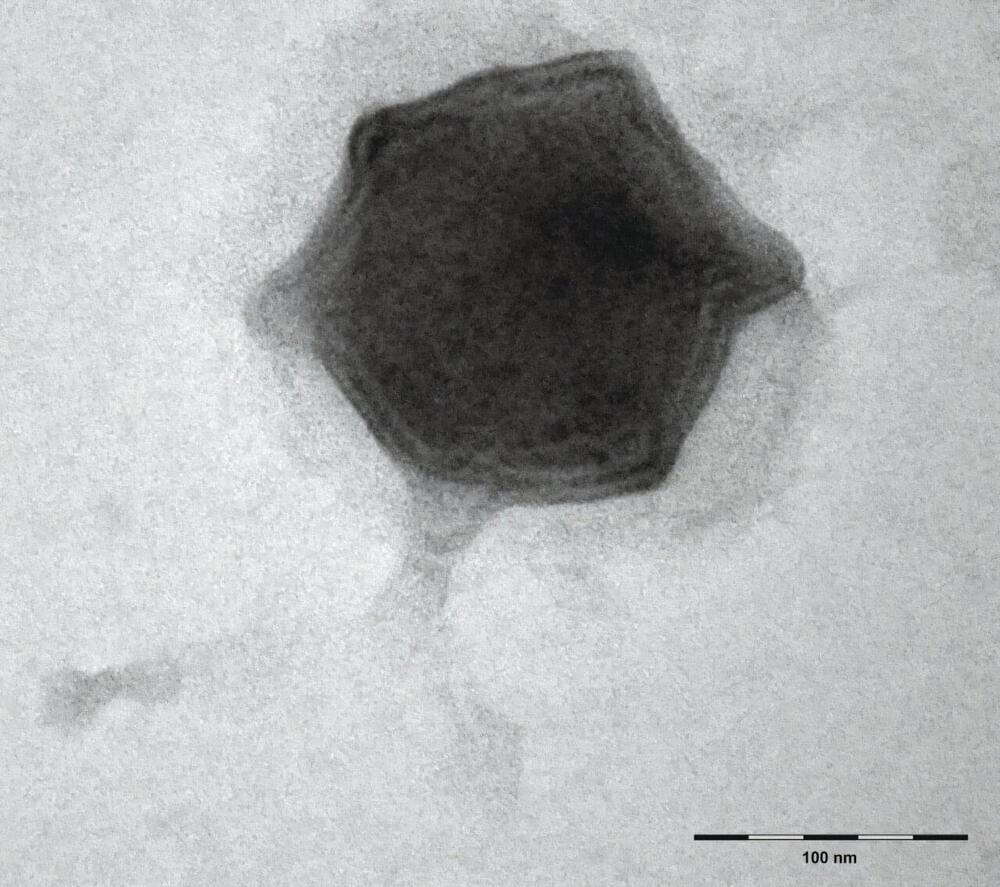Scientists from the Biology Centre of the Czech Academy of Sciences found forty new freshwater viruses infecting aquatic microorganisms this year. The first one, which they isolated and described in detail, was named Budvirus after the South Bohemian capital České Budějovice. It belongs to “Giant Viruses” and it infects unicellular algae called cryptophytes.
Researchers have confirmed that this virus has an important role in the ecosystem, as it controls algal bloom, helping to maintain balance in the aquatic environment. The discoveries of all the viruses were made at the Římov reservoir near České Budějovice, which has been regularly monitored by South Bohemian hydrobiologists for five decades and is one of the most studied freshwater reservoirs in Europe. The work is published in The ISME Journal.
Although we have freshwater ecosystems such as lakes, ponds, reservoirs and rivers all around us, their microscopic representatives, especially viruses and bacteria, are still a little-explored area. A drop of water can contain a million bacteria and ten times more viruses, but only a handful of them have been described. Recent methods, such as environmental DNA analysis, are making great strides in the study of the aquatic microworld. This is also one of the methods used by the Czech scientific team.
